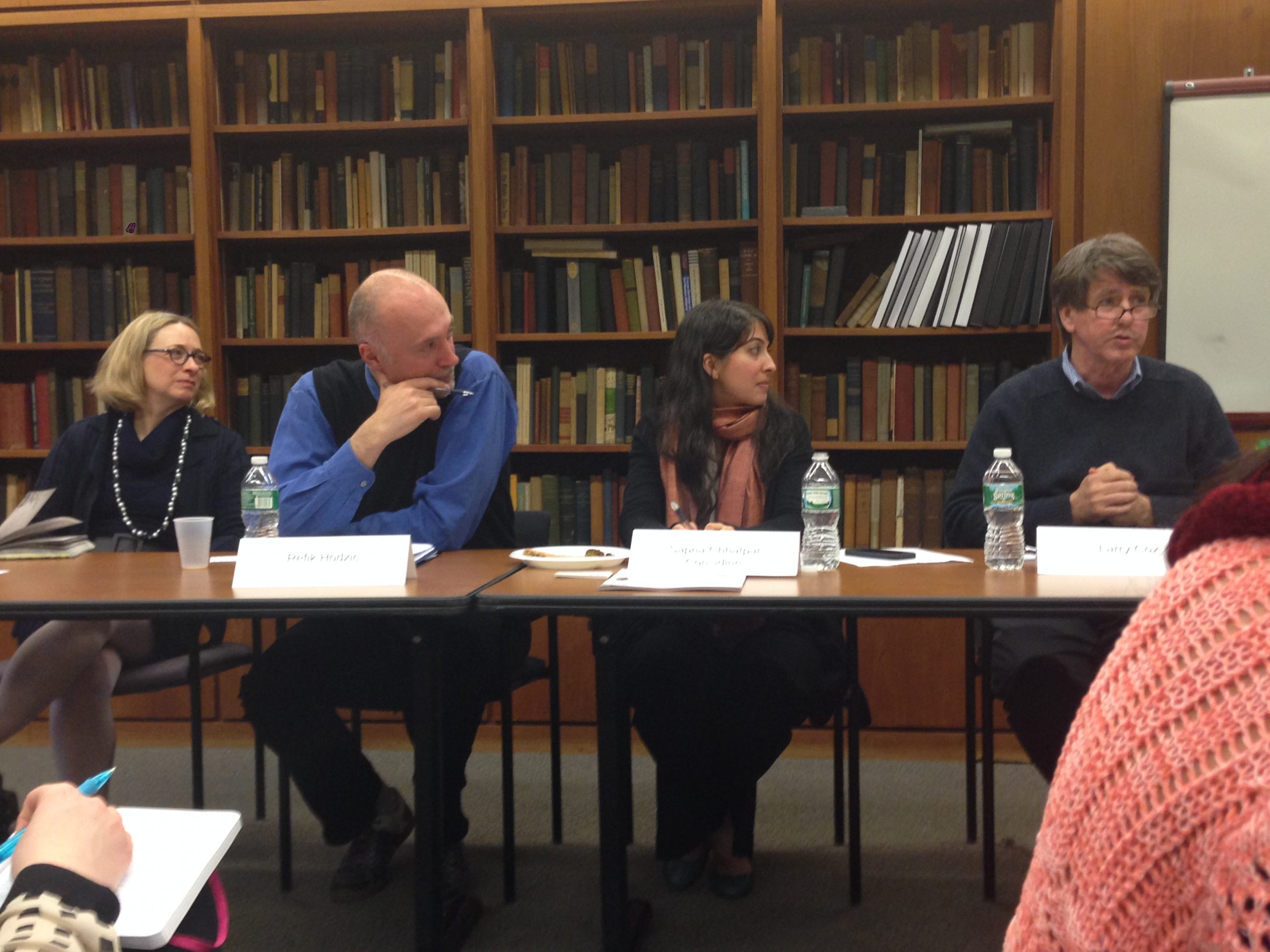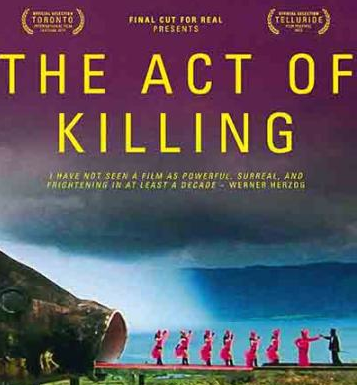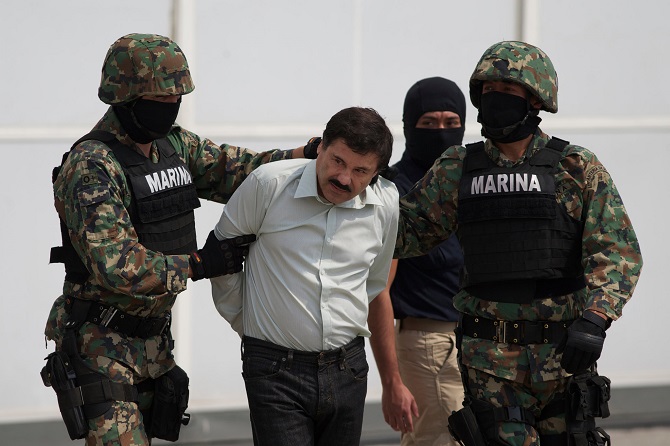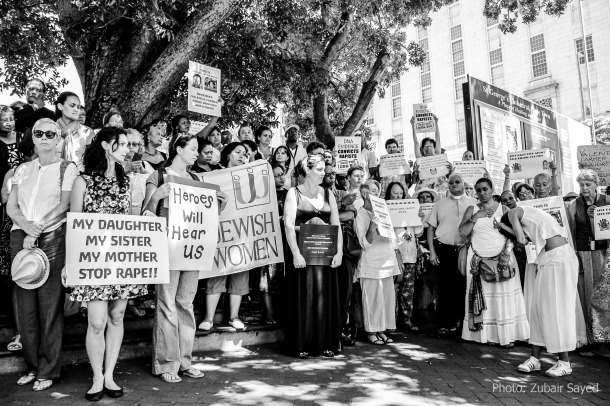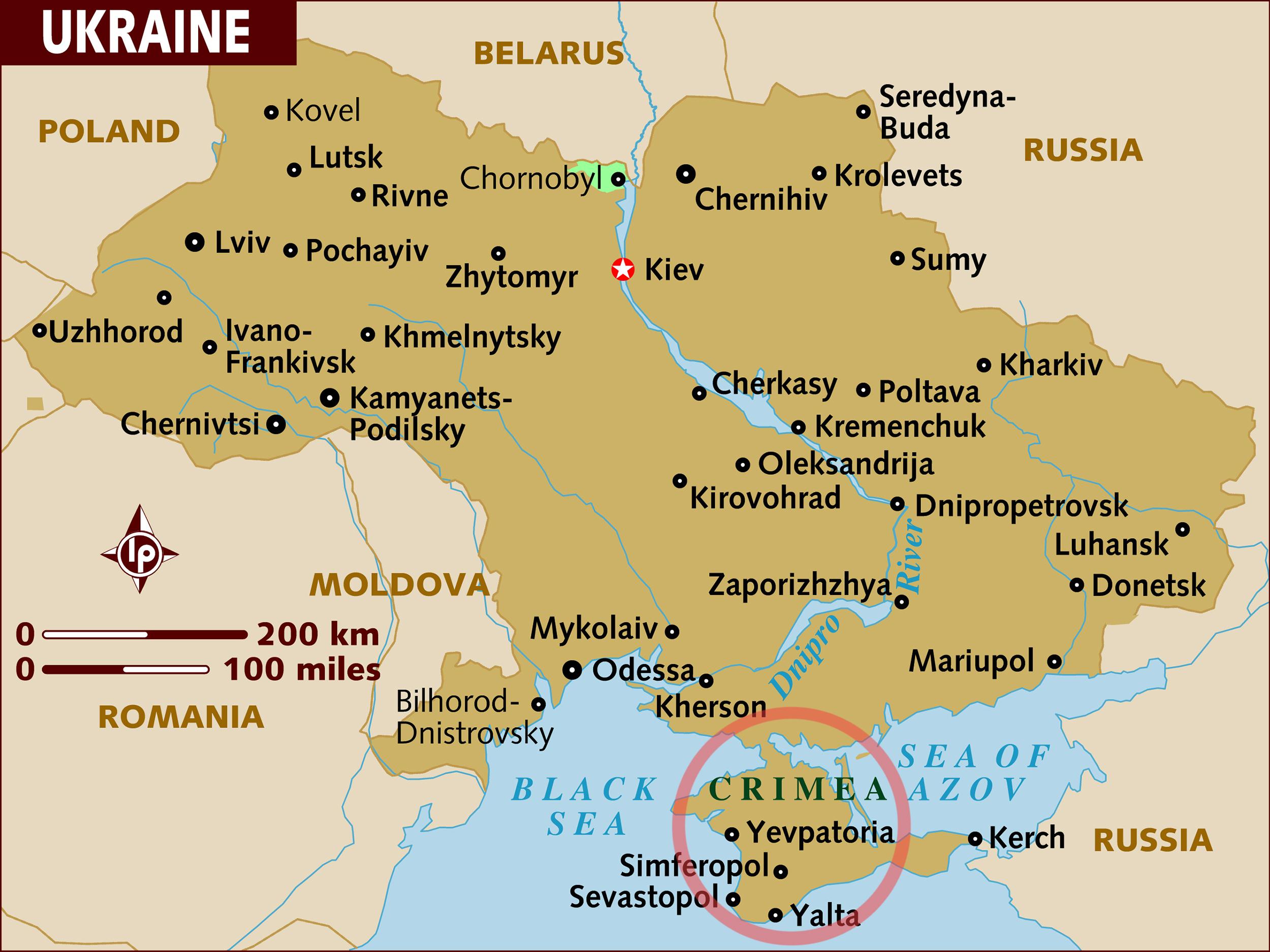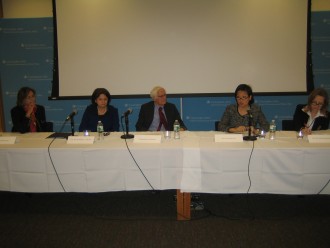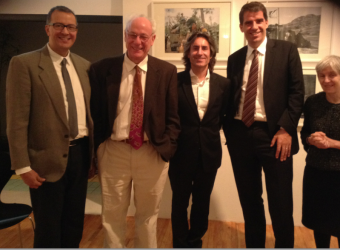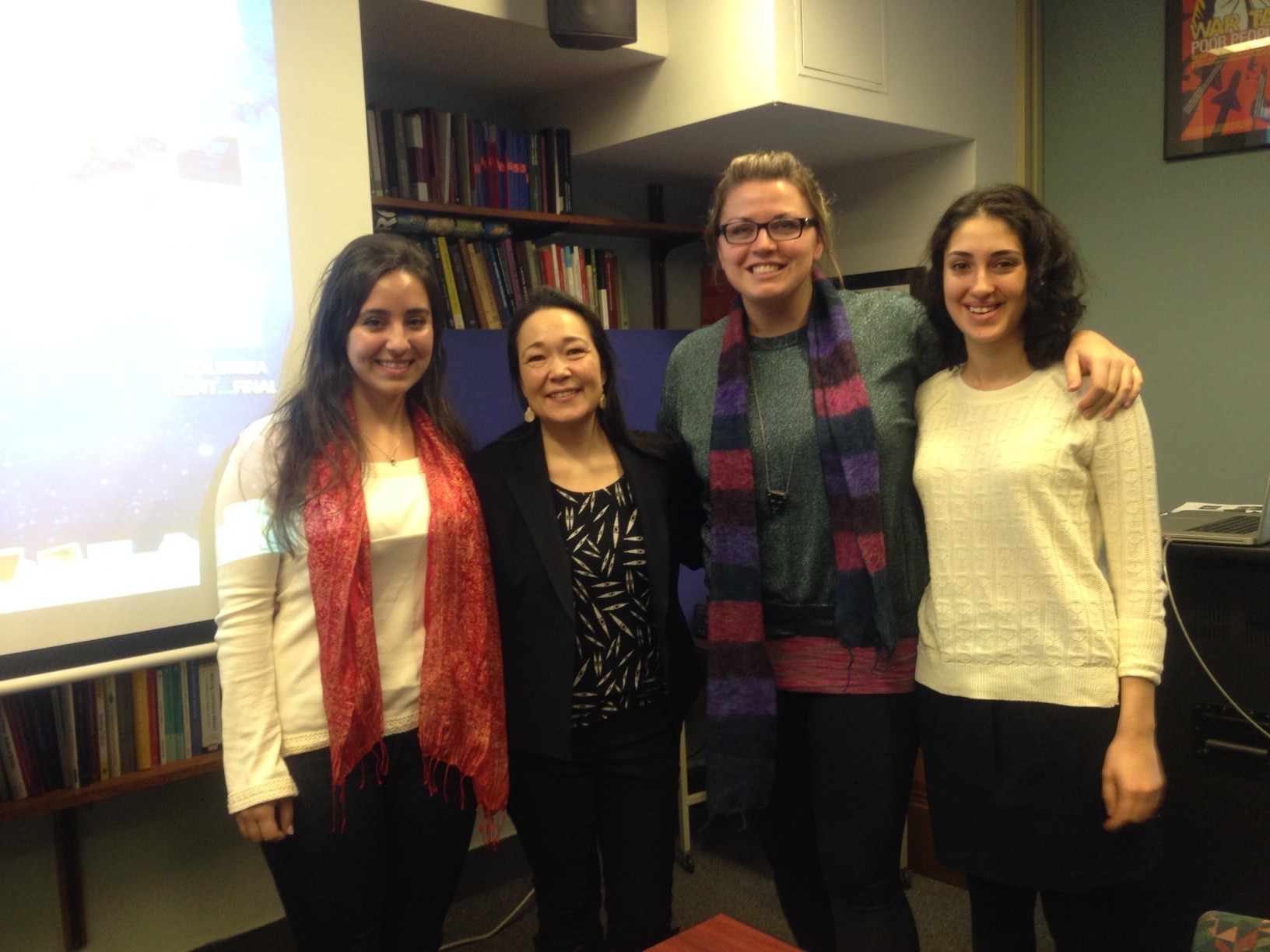
Indigenous Peoples’ Right to Education: Inuit Culture and Pedagogies in Greenland’s Schools
By Caroline Fidan Tyler Doenmez, graduate student of human rights at Columbia University
___________________________________________________________________________
On November 20th Aviaja E. Lynge, HRAP Fellow at Columbia University, gave a presentation titled: "Indigenous Peoples' Right to Education: Implementing a Culturally Appropriate Education System in Greenland." Lynge holds an M.S. in Social Anthropology from the University of Edinburgh and currently works at the University of Greenland, where she is Head of Department for Further Education. Lynge began the presentation by thanking her mentor Elsa Stamatopoulou, Director of the Indigenous Studies Program at Columbia.
Lynge contextualized her presentation by starting with a description of her own childhood in Greenland and her Inuit family, because, she said, “I am part of the story I am going to tell you.” She recounted the influence of her grandparents and parents, who helped to foster her interest in equality and human rights from an early age. Her parents were involved in the decolonizing movement in Greenland, and her grandparents closely followed...

